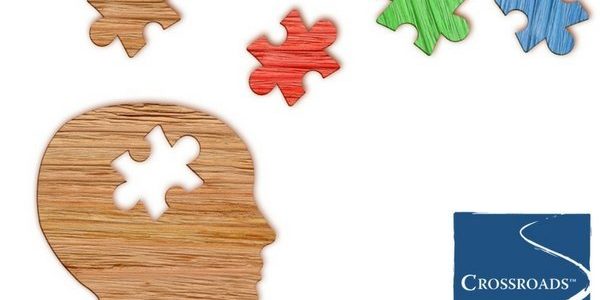May is Mental Health Month and a great time to brush up on the role mental health plays in addiction recovery. Recovery is about more than just stopping substance use. It is about healing as a whole and recognizing the impact that addiction has on mental and emotional health as well. Drugs and alcohol change the way the brain processes information, so treatment must address these issues as well.
It is not uncommon for individuals struggling with addiction to have co-occurring disorders – substance use and mental health issues together. One may turn to drugs or alcohol as a way of coping with depression or anxiety, but substance use may also exacerbate symptoms. It’s a vicious cycle.
Supporting Relapse Prevention
Positive mental health is an important component of relapse prevention. The ability to manage stress in healthy ways, cope with difficult situations, and keep a positive attitude can reduce risk of relapse. Clients are better able to recognize potential triggers and get themselves into a safer, healthier environment. Positive mental health can also provide motivation, encouragement, and confidence as individuals continue on their journey to long-term recovery.
Recognizing Past Traumas
By making mental health care an integral part of addiction treatment, it helps to identify and address underlying issues that clients may not have even realized existed. Someone may not realize that past traumas are still affecting them in the present day or have altered how to respond in certain situations. Crossroads supports clients in overcoming post-traumatic stress disorder (PTSD) and other challenging situations in a structured, supportive environment.
Creating a Healthier Lifestyle
Paying attention to mental health is also part of creating a healthier, more well-balanced lifestyle. Clients are more attuned to their emotions and the mind-body connection. They can respond proactively to support their continued recovery and well-being. In addition to individual and group therapy, Crossroads also offers holistic therapies, recreational activities, and other resources to support clients in creating routines and strategies that work for their lives and addiction recovery.
When addiction treatment only addresses substance use and not mental health concerns, it can increase risk of relapse and make it more difficult for clients to fully embrace recovery. It is essential that mental health disorders are treated concurrently and that mental health care is integrated into treatment for all clients. Clients are often amazed at the difference changing their perspective and mindset makes. Mental health is not an issue that should be overlooked, which is why Crossroads provides comprehensive care tailored to each client’s needs and goals.
[cta]Are you struggling to manage your mental health along with addiction recovery? Crossroads can provide the help you need.[/cta]


















